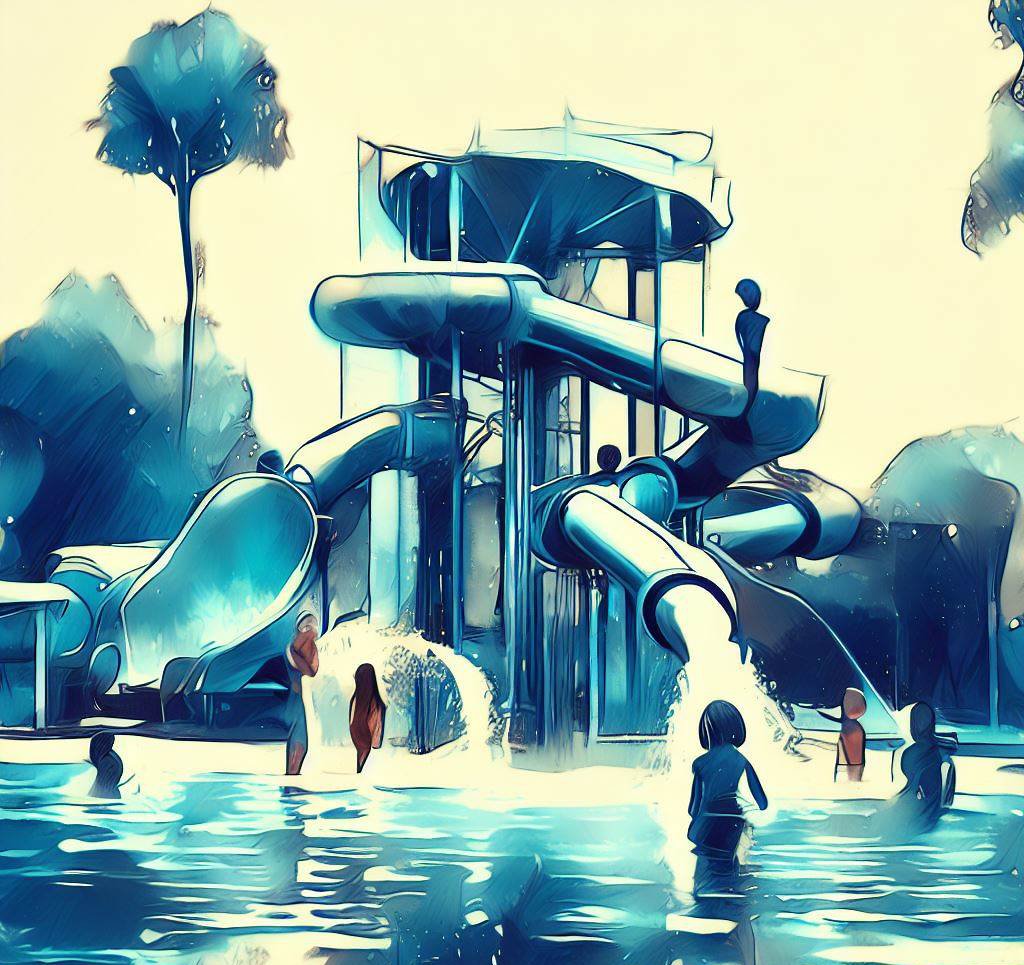The football camps have comprehensive programmes that teach, entertain, share and play with the children who attend.
The camps stand out for being programmed and designed in advance, where nothing is left to chance, as each day and each hour has its own activity designed for each group of children, according to their age and abilities.
During their stay at a football camp, the participants learn values, discipline, companionship and, above all, improve their football technique.
Formal football training takes place mostly in the mornings. Each group (of no more than 15 or 18 participants) will be assigned an activity that complements the previous one, so that each day they learn something new but do not forget what they have already learnt and incorporated.
In this way, for example, on Mondays they learn to shoot from anywhere on the pitch, on Tuesdays to shoot free kicks and on Wednesdays to shoot from the penalty spot, for example.
The good thing about the football camps is that the children repeat the exercises throughout the training session and this is a benefit that other types of schools do not offer them, because they have many classmates who wait their turn just like them.
Football classes are organised in advance and the children are informed each day of what they will be doing on that day, how and where they will be doing it.
In addition, many campuses have theoretical lectures, where students are taught about football in particular and sport in general. To mention just a few of the courses that are given, we find: health, nutrition, medicine applied to sport, body care, hygiene, football history, sport strategies, etc.
All these theoretical classes are accompanied by audiovisual material to help them better understand the concepts taught.
Football camps also provide formal English language instruction (mostly), although there are others that may focus on music or art instruction.
In the classes (which take place in the afternoons after lunch), students are taught English so that they can function in any everyday environment, not just football, and the classes are taught by experienced, native-speaking teachers.
Other activities include visits by players, ex-players and coaches to the campus where the children are, so that they can teach them everything they know, give them advice, practice with them, take photos, during an unforgettable day for the pupils.

If the children stay for the weekend, they can have excursions, visits to the stadium or the club’s facilities and other activities such as dances, competitions, film screenings, practice of other sports (such as basketball or tennis), swimming pool at their disposal, walks, board games, library, games rooms, etc.
These complementary activities will allow the children to have fun, relax, take a break from the hard morning practice and meet many new friends.
What specific activities can you expect at a football camp?
Below is a breakdown of each component that contributes to the all-round development of young athletes.
Technical Skills Development
At any quality football camp, much of the time is devoted to improving the technical skills of the participants. This includes dribbling, passing, ball control and shooting drills. Through practical sessions, players are able to hone their individual technique, which is essential to their performance on the pitch.
Tactical Development
Football is not just a game of skill; it is also a sport of intelligence and strategy. Camps often include sessions that teach tactical concepts such as different formations, team roles and both offensive and defensive strategies. Some camps even hold mock matches where players can apply what they have learned.
Physical Training
A good player needs to be physically fit. Football camps usually have a physical training component that includes endurance, speed and agility drills. This training helps players cope with the physical rigours of the sport and minimise the risk of injury.
Video Analysis Sessions
Technology plays an increasingly important role in modern sport. Many camps incorporate video analysis sessions to review past matches and evaluate team and individual player performance. This provides valuable insight that helps to improve the game.
Psychological and Social Development
Apart from the physical and tactical aspect, football is a sport that requires strong mental and social skills. Camps often offer activities and talks aimed at encouraging teamwork, communication, discipline and leadership.
Health and Nutrition
Nutrition and rest are key components for any athlete. Some camps offer talks or workshops with nutritionists and physiotherapists to teach young players about the importance of good diet and physical care.
Team-Building Activities
Team spirit is crucial in any team sport, and football is no exception. The camps include team-building activities such as group games, challenges and other dynamics that strengthen team cohesion.
Participation of Special Guests
It is common for professional players, renowned coaches or experts in related fields to visit the camp to give motivational talks, demonstrations or special training sessions, which is a source of inspiration for the participants.
Follow-up and Evaluation
Finally, a good camp will provide a way to evaluate each player’s progress. This can include physical tests, skills assessments and tactical analysis to help coaches and the players themselves understand their areas of improvement.
Conclusion
A football camp is a complex and enriching environment that offers much more than just time on the field. Through a variety of activities, these camps aim to develop well-rounded footballers ready to face challenges both on and off the pitch.
Recommendations
If you are considering enrolling yourself or your child in a football camp, be sure to look for one that offers a balanced mix of the above activities to ensure well-rounded development as a player and as an individual.
This way, the next time you think about a football camp, you will remember that it is not just a place to play, but a training institution in all aspects relevant to becoming a complete footballer.

